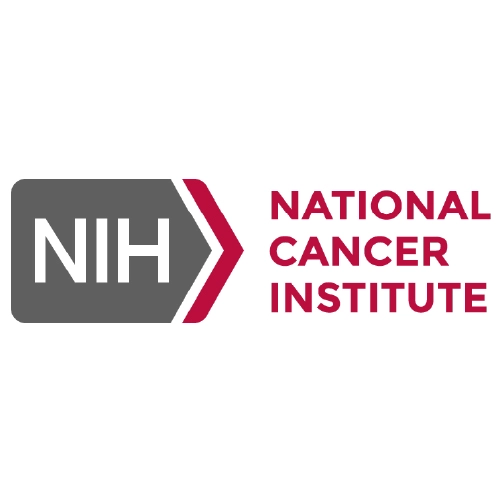Salem Health cancer treatment
We represent every specialty involved in cancer treatment
Cancers we treat
The team at Salem Health Cancer Center is made up of board-certified physicians, oncology-certified nurses and other clinical specialists from every discipline involved in cancer care.
Bone cancer
Breast cancer
Blood
- Leukemia
- Lymphoma — Hodgkin’s and Non-Hodgkin’s
- Myeloma
Brain tumor
- Astrocytoma
- Glioblastoma
- Meningioma
- Brain metastases
Carcinoid tumor
Gastrointestinal
- Anal
- Colorectal
- Esophageal
- Liver
- Stomach
- Pancreatic
Gynecologic
- Cervical
- Endometrial
- Ovarian
- Uterine
- Vaginal
- Vulvar
Head and neck
- Laryngeal
- Nasal cavity and paranasal sinus
- Nasopharyngeal
- Oral
- Salivary gland
- Thyroid
Thoracic cancer
- Chest wall tumors
- Lung
- Mediastinal tumors
- Mesothelioma
- Non-small cell
- Pulmonary metastasis
- Small cell
Sarcoma
Skin Cancer
- Melanoma
- Merkel Cell Carcinoma
Urological
- Bladder
- Kidney
- Prostate
- Testicular
For the most up-to-date information about each type of cancer, its treatment and its outlook, visit these national resources.
Preparing for cancer treatment
Soon after a cancer diagnosis, a doctor will discuss treatment options with you. It is very easy to become overwhelmed during this time — you may feel like you’ve lost control of your body. One way to feel more in control is to take an active
approach to preparing for treatment. Below are four ways to feel more in control.


